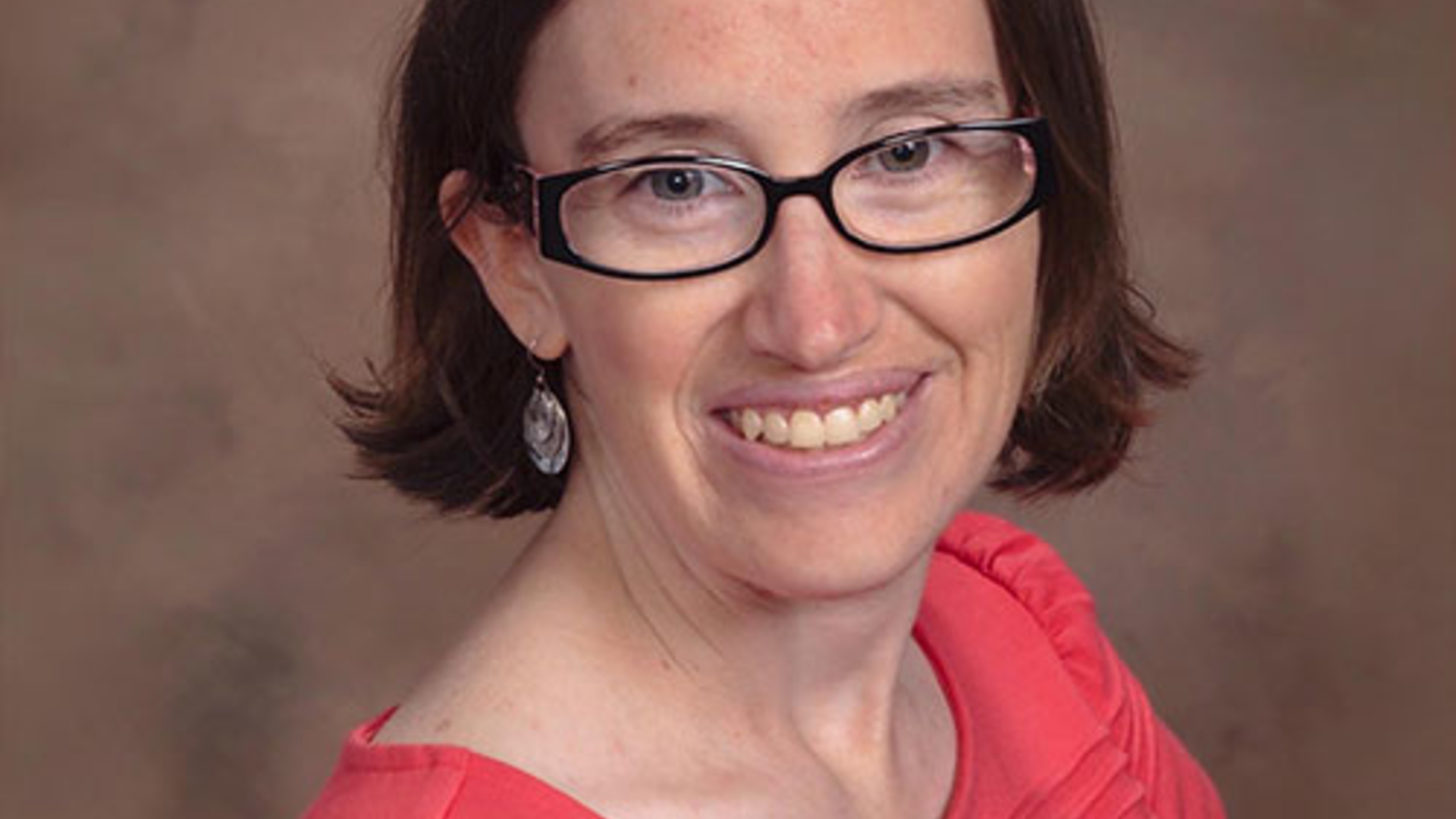
Danielle Heider '12, a learning specialist at Beacon College, will speak at Guilford Dialogues.
One group of panelists will share strategies that colleges and universities employ to support students from diverse socioeconomic backgrounds.
“Colleges and universities really can take a significant role in helping students become more gainfully employed, but it’s not something that starts when the student is a junior or senior and getting ready to graduate."
Multiple studies have found a correlation between the presence of a higher education institution in a large city and socioeconomic development. Colleges and universities are equipped to foster economic inclusion in their own backyard, but are they leveraging those resources?
Guilford Dialogues, which takes place Thursday and Friday at the College, will explore how institutions of higher education can play a pivotal role in building and supporting economic inclusion and equity in their own communities.
In one of the Dialogues discussions, Beacon College (Fla.) learning specialist Danielle Heider ’12, along with policymakers and education and community leaders, will share strategies higher-ed institutions employ to support students from diverse socioeconomic backgrounds, including scholarships, mentorship programs and career development initiatives.
“Colleges and universities really can take a significant role in helping students become more gainfully employed, but it’s not something that starts when the student is a junior or senior and getting ready to graduate,” says Danielle, whose school was designed with curriculum and support services to serve students with dyslexia, ADHD, or other specific learning disabilities. “It starts when they first walk onto campus with career departments and learning accommodations, but it also includes mentoring programs and making sure faculty and staff have the knowledge and the eye awareness about particular populations.”
One of those populations, says Danielle, is students with physical or learning disabilities who often thrive in a college setting, but have difficulty finding meaningful work after graduating. More than 16 million working-age Americans have disabilities, according to the Department of Labor, yet only 22.5 percent of them have jobs.
Danielle says many students graduate, diploma in hand, but sorely lacking in the soft skills required to work with others. “Either they don’t have them at all or they’re just not fully developed yet,” she says. College graduates with learning differences are often hesitant to ask for accommodations in a new job, she notes.
“They're afraid to ask for anything, particularly if they know that they're going to need one,” Danielle says. That's where it's really important for the career departments within colleges and universities to know what resources are out in the community to be able to help.”
Other speakers and panelists at Guilford Dialogues will emphasize the importance and value in entrepreneurship by illustrating ways entrepreneurs create a positive impact in their own communities. They’ll also examine other factors that build economic inclusion such as workforce in economic development, aging and affordable housing that can help bridge the gap.
The Dialogues’ keynote speaker on June 6 is renowned Harvard University economist Raj Chetty, who has studied equality of opportunity in the United States, and will share his thoughts on economic inclusion. His 7 pm presentation on campus is open to the public, and tickets are available on the Dialogues registration page.
Attendance to Guilford Dialogues is being capped at between 150 and 200 to promote more discussions and less lectures, says Kyle. Interested attendees can register here through June 5.

